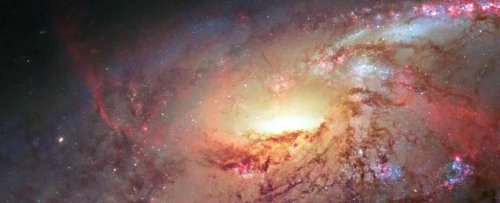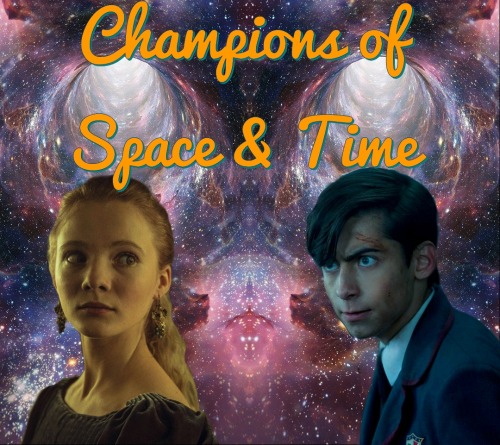#space-time
A controversial new gravity hypothesis has passed its first test
Einstein might have been wrong.
By Fiona MacDonald
A controversial new hypothesis that suggests our understanding of gravity is wrong has just passed an important first test.
First proposed back in 2010, the new hypothesis states that gravity might behave and arise very differently than Einstein predicted, and an independent study of more than 30,000 galaxies has now found the first evidence to back this up.
Post link
This Is Why Understanding Space Is So Hard
By Dan Falk
If all the matter in the universe suddenly disappeared, would space still exist? Isaac Newton thought so. Space, he imagined, was something like Star Trek’s holodeck, a 3-dimensional virtual-reality grid onto which simulated people and places and things are projected. As Newton put it in the early pages of his Principia: “Absolute space, of its own nature, without reference to anything external, always remains homogeneous and immovable.” 1
This seems persuasive in everyday life. I’m walking east, you’re walking west, and the post office stays put: The frame of reference remains static. But Newton’s contemporary, the German mathematician and philosopher Gottfried Leibniz, balked at this idea of absolute space. Take away the various objects that make up the universe, he argued, and “space” no longer holds any meaning. Indeed, Leibniz’s case starts to look a lot stronger once you head out into space, where you can only note your distance from the sun and the various planets, objects that are all moving relative to one another. The only reasonable conclusion, Leibniz argued, is that space is “relational”: space simply isthe set of ever-changing distances between you and those various objects (and their distances from one another), not an “absolute reality.” 2
Post link
Lawrence Krauss on “Seeing” the Early Universe
At a 2016 convention hosted by the Committee for Skeptical Inquiry, theoretical physicist Lawrence M. Krauss spoke about scientists’ attempts to look back to when the universe was just fractions of a second old. A few highlights from Krauss’ talk are listed below, and his full presentation can be seen at the bottom of this article.
Post link




